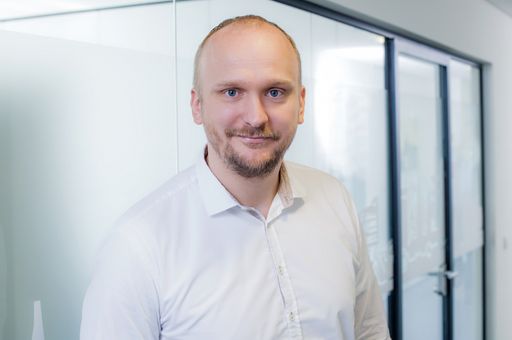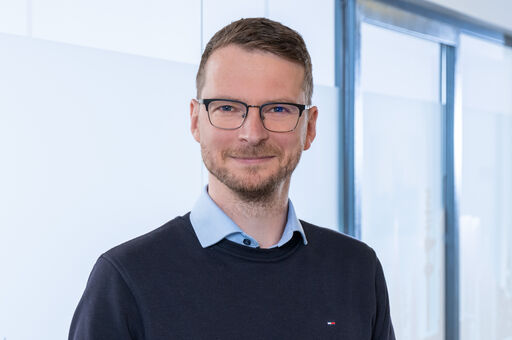In spite of the pandemic, both the authorities and take-back schemes have been persistent in checking the compliances of companies regarding the national implementation of the WEEE (2012/19/EU), Battery (2006/66/EG) and Packaging (94/62/EG) Directives. In 2020 we were keen to participate, coordinate and support many of our clients in numerous audits. We would like to present to you a retrospect of the audits done in some countries last year and share the lessons we have learned so far. Through these experiences, we gained greater understanding of the subject to better support you.
Audits in Austria
The VKS (Verpackungskoordinierungsstelle) is mandated by the Austrian Waste Management Act (AWG 2002) to conduct audits. Together with the clients who were selected to be audited, we participated in the seminar conducted by the VKS in preparation for the audits. Specific documents and data were required and - in some cases - samples of packaging materials were requested. We found out that it is very important to have good documentation of the determination and quantity reporting of packaging materials taking into account the specific definitions of household and industrial packaging; as well as the re-distribution of these quantities according to the GVM-Product groups.
Laws mandate WEEE and battery take-back schemes to audit their members to ensure the correctness of the quantity reports. The ministry also conducts regular audits to all registered producers. Access to sales statistic and technical data of electrical and electronic products were crucial for the determination of the computation details. Correction of quantity reports for the audit period were done after the audit. It is possible to get a refund of the fees if it was found out that there were too many quantities reported. LED-Light bulbs as Gas Discharge Lamps were the most common deviations observed. In Austria, LED-light bulbs are to be reported under the category Gas Discharge Lamps.
Audits in Switzerland
Since the annual revision of the quantities placed on the market as declared by the members of the Swiss take-back scheme is viewed as a cornerstone of the system, those responsible and their control bodies attach great importance to accuracy. However, this does not involve wagging a monitory finger, but rather targeting to clarify and improve the reporting system of the respective company.
A revision always takes place in autumn for the previous year, with the companies to be examined being selected at random. With the review of 2019, take-e-way GmbH took part in it for the first time in its role as a facilitator.
The calculation of the quantity report was then checked by looking at the sales statistics. Particular attention was paid to devices that were returned to the company free of charge as replacement or defective, as such must be considered in the quantity report. In addition, the correct disclosure of the disposal fees on the invoice documents was checked and corrected if necessary. Also in those regards an indulgent and pragmatic approach was taken.
As a final, but very important, insight we learned that when entering the market and the associated obligation to follow up, companies should check whether cooperating distributors are already participating in the take-back system, so that any duplicate reports can be avoided.
Finally, we would like to point out again the partial revision of the Swiss Value Added Tax Act of 01/01/2018, which can result in the appointment of a fiscal representative if a worldwide annual turnover of more than CHF 100,000 is achieved. You can find more information via our link.
Audits in Belgium
In order to ensure the accuracy of the declared quantities and to detect errors in the quantity declaration, the battery take-back scheme audits producers approximately every three years. The take-back scheme informs about the procedures during the registration process. Furthermore, Article 6 of the Membership Agreement refers to controls, too. Also non-Belgian distance sellers are concerned. The audits partly take place in the form of online questionnaires via the respective portal, but for some audits even commissions external auditors. take-e-way supports you as a client during the whole process and coordinates the cooperation with the auditors.
The audits can take place both on-site and remotely. In the course of the audit, the batteries actually placed on the market are compared with the reported batteries. For this purpose, the auditors examine samples of the articles sold as well as sales statistics and invoices. It is also checked whether the legal requirements regarding the visible fee, which must be disclosed on invoices to business customers, are met.
Audits in France
Every take-back scheme in France is required to conduct controls of the declarations their members submit. Every year, a WEEE take-back scheme has to audit 20 percent of the total weight declared with the aim to ensure the correctness of the declarations. In order to fulfill this duty, one of the WEEE take-back schemes is working with an international accounting firm. This year, take-e-way assisted a client during such audit. We supported the client in every step of the audit and were permanently in direct contact with the auditors to ensure a smooth process.
The audit was carried out via phone with an auditor assigned by the accounting firm. We learned that the auditor’s target is to first understand the company’s reporting procedures. This allows the auditor to check wheher the methodology used to declare the quantities is correct and make sure no products are forgotten. Lastly, the quantity report of the client is being compared with the actual declaration submitted to the take-back scheme. These serve as proof of the actual delivery and the accompanying conformity with the declaration.
If you have any questions, Florian Spreu from take-e-way will be pleased to answer them if you call +49/40/750687-159 or send an e-mail to international@take-e-way.de.


